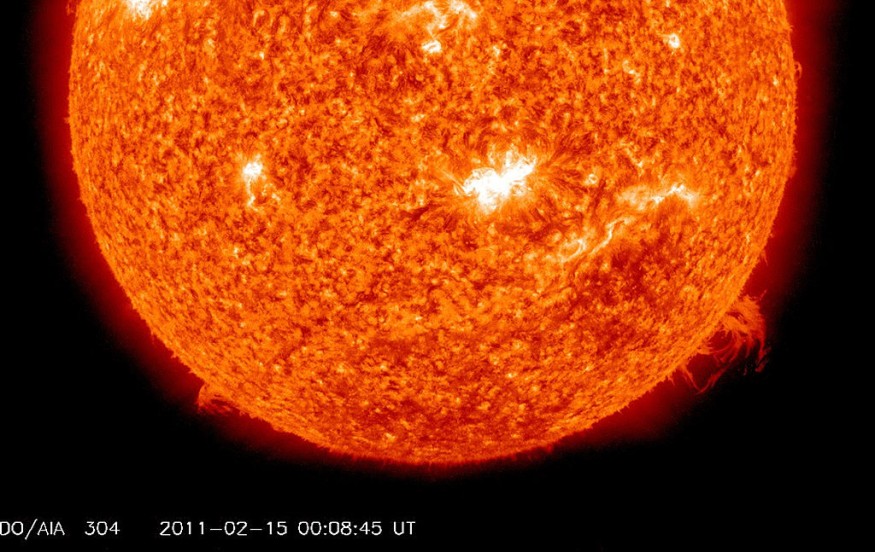sYizhak Feliks, Justin Small, and Michael Ghil discovered that the Earth's global climate system varies in 11-year and 3,5-year cycles. On July 15th, the work was published in Climate Dynamics.
The solar cycle, which climate skeptics have claimed for decades plays a crucial influence in global warming, has an 11-year near-periodicity. However, the study discovers that the Earth's climate system and the Sun are out of sync.
The research, part of the European TiPES project led by the University of Copenhagen, disproves climate doubters' claims that substantial solar impacts have influenced recent climate development.

Addressing an Issue
The study's primary purpose was to address the controversy over whether massive, complicated climate models can predict climatic tipping points. Climate tipping may have occurred in previous climates.
However, current major IPCC climate models do not reflect fundamental low-frequency oscillations that contribute to climate tipping. If our models are accurate, we may not be able to forecast future climate system tipping points due to present global warming.
Multichannel singular spectrum analysis was utilized to look for low-frequency variations. This technology allows for detecting signals in loud surroundings, such as picking out and isolating the sound of a single musical instrument from a vast orchestra.
CESM odels

CESM demonstrated that big climate models could capture low-frequency oscillations by analyzing two sizeable observational data sets and an advanced state-of-the-art climate model. In replicating the Earth's two separate low-frequency modes, the model accords with observations: one with about 11 years, and the other with a period of around 3,5 years.
As a result of this finding, the lack of climatic tipping in complex climate models is less likely to be explained by the absence of low-frequency oscillations.
"Finding a decadal cycle in an IPCC-class model like CESM is fantastic. The failure to find intrinsic decadal variability in the high-end IPCC climate models cast doubts on their reliability. Our work with Yizhak Feliks and Justin Small indicates that these doubts are on their way to being resolved," says Michael Ghil, Ecole Normale Supérieure, Paris, France and UCLA, Los Angeles, USA.
The discovery of the divisive near-11-year cycle sparked a comparison of the climate system's and the Sun's cycles, which climate skeptics have long claimed may explain global warming.
Solar Cycle

However, the near-11-year cycles reported in the big climate model and the two observational data sets in this work are obviously out of phase with the Sun. The curves aren't quite right. As a result, the current research suggests that the Sun's variations have little, if any, impact on recent global warming.
"The impacts of the solar cycle on climate in general, and global warming in particular, have spawned hundreds of scholarly papers. There is no single document, pro or con, that will end the argument for good. But our paper brings both a new point of view, from the synchronization theory of chaotic oscillators, and a possible resolution: Yes, there is a decadal climate cycle," says Michael Ghil.
"However, it is a natural part of the climate system that is out of phase with the real solar cycle." This lack of synchronization "strongly suggests that the solar cycle's physical impacts on climate are relatively minimal, and consequently of little practical relevance for global warming," Ghil claims.
For more cosmic news, don't forget to follow Nature World News!
© 2025 NatureWorldNews.com All rights reserved. Do not reproduce without permission.





